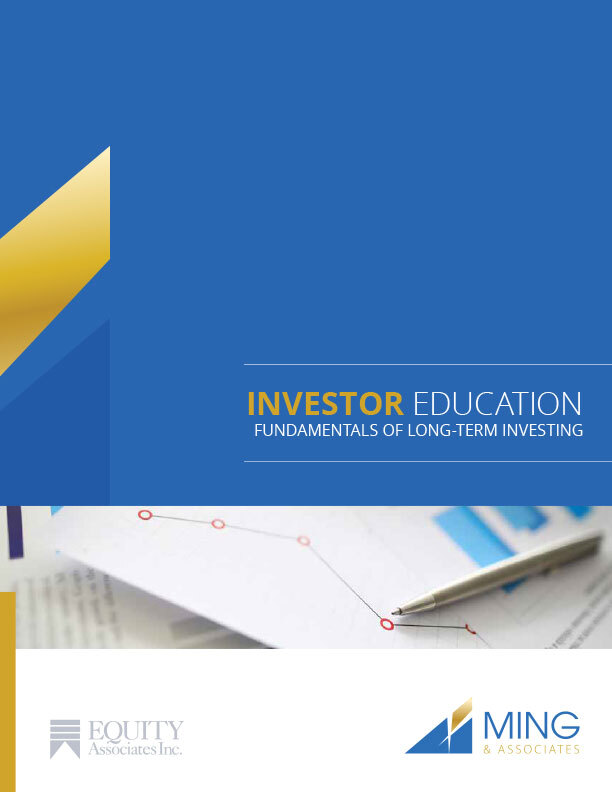With many hundreds of billions of dollars circling the globe every day, financial markets are becoming increasingly complex. Given this, it only makes sense that your investments should be fully researched and followed on an ongoing basis by someone with the expertise and professional qualifications to understand both market behaviour and your financial goals. Having the knowledge and spending the time to get it right when you first start a plan helps investors gain confidence and stay the course which pays dividends for a lifetime.
Every now and again, someone asks us to explain the benefits of dealing with a financial professional. This issue has been in the news lately, so we thought it might help to go over a few of our answers.
1. What do financial advisors do?
Financial advisors and wealth managers cover a wide range of services that will typically include your investments, assets, debts, help with current and long-term goals, as well as make suggestions to help you achieve those goals. It’s important to note that not all advisors do everything. Some advisors are specialized as investment managers, consultants or retirement income planners. Finding the right advisor for your needs is important to achieving financial independence.
2. Are you qualified?
You might assume that all financial advisors will have your best interests in mind, this is not always the case. When an advisor is trusted and qualified, it means they work in the best interest of their clients and make decisions that will help create the most value for you based on your needs. Always work with an investment advisor who is required to act with your interests first. Some advisors are legally required to put your family’s interests above their own and eliminate all conflicts of interest.
3. What professional credentials do you have?
Following the topic on trust, it is important to inquire about the education and training any professional would have. You should work with an advisor who has some sort of financial planning or investment-related credentials. Two of the most popular designations are the Certified Financial Planner (CFP) and the Chartered Financial Analyst (CFA). It is very important to ask an advisor about their credentials and learn what qualifies them to provide advice and manage assets for you and your family.
4. How are you paid?
Advisors can charge for their services in many different ways, it’s important to ask and understand any fees involved. Fee structures with advisors include flat fees, hourly fees, trailer fees, fee-only, etc. Different fees in these structures can also include front-end fees, back-end fees, administration fees and account fees. That’s a lot of fees, right? It can be hard to determine how much an advisor gets paid, but remember, you are paying them regardless of where their compensation comes from. Look for an advisor who has a transparent fee structure so you know exactly what you are paying.
5. What is your investment philosophy?
Any financial advisor you work with should have an investment plan for your money that you understand completely and believe. Ideally, you want to hear how this advisor views long-term investing, the types of investments they choose for clients, and that they invest for each client based on their individual needs and analysis. Not only should you understand their philosophy but you should also understand their procedures. How often can you expect to hear from your advisor and how will you communicate? Expect to meet in person with your advisor at least once a year to review performance, strategy and goals.
6. How many years have you been a financial advisor?
Depending on when a financial advisor entered this business, they may have never experienced sustained down markets. How does this advisor react when markets are going up? What about when markets are going down? We are at the end of a 10-year bull market in U.S. stocks, many advisors will step away from this business during the next bear market (coming soon?). Make sure you work with an advisor who has seen all types of market conditions because down markets are when you need an investment advisor the most.

